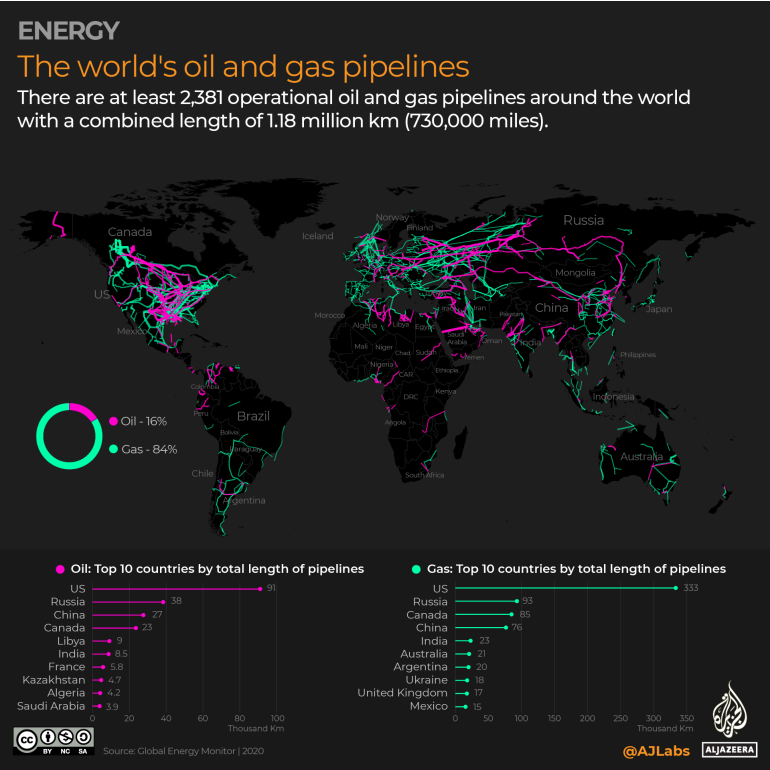
1/ Dear all, before everyone freaks out complete re the #supply #disruption of #natural #gas to #poland and #bulgaria which was initiated by #gazprom yesterday, i thought i'd make a little explanatory thread.
3/ however, natural gas is not so important for its primary energy supply. poland still heavily depends on #coal, in particular for its electrical energy production. 
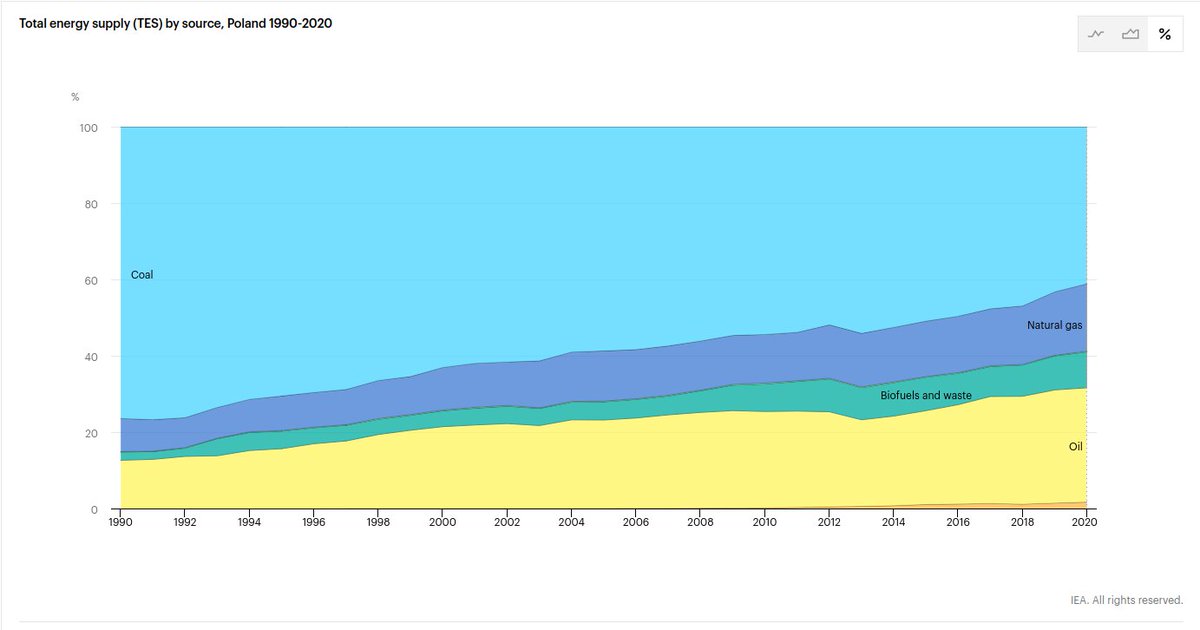
4/ so how would poland replace russian supply? the plan is to import 5 bn m3 / year by its #LNG terminal in #Świnoujście, and 5 bn / year by the #baltic pipe. 
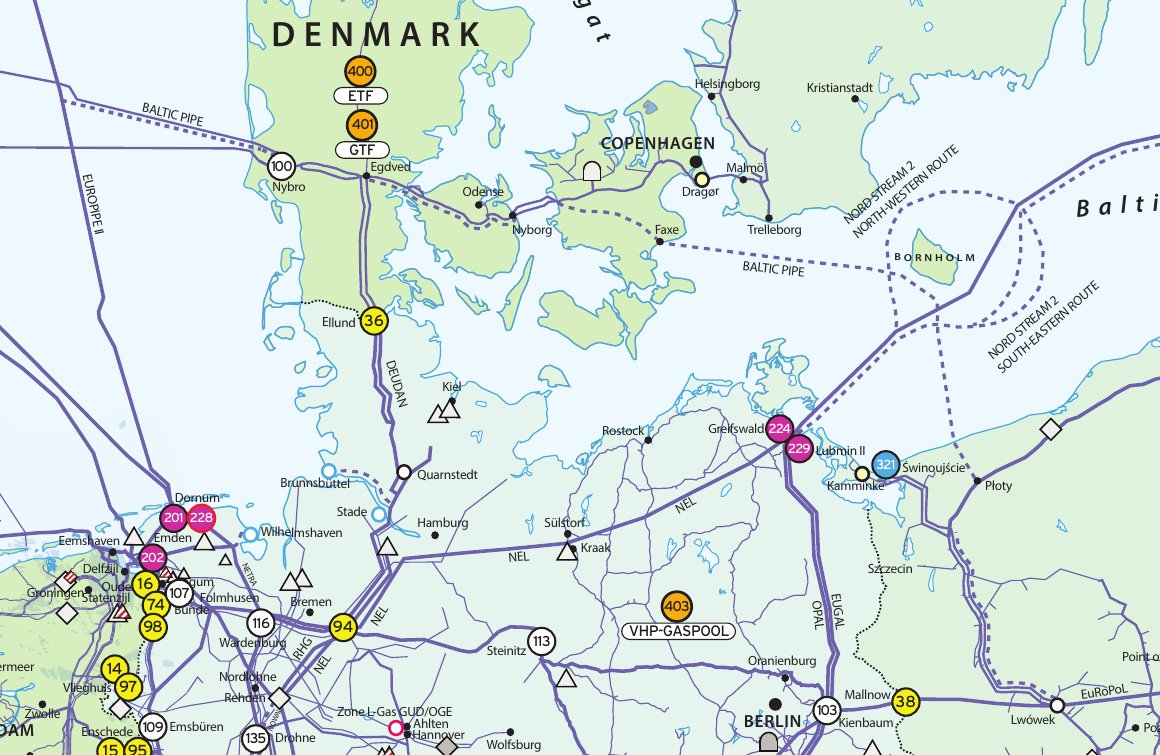
is that a credible solution? IMHO yes. the LNG terminal is operational, with a current capacity of 5 bn m3 / year, and it is expected to increase it to 7.5 bn m3 / year soon.
and the baltic pipe is nearing completion, it is expected to be operational by the end of 2022. then, natural gas could flow directly from #north #sea fields to poland.
now what about #bulgaria? here, too, natural gas is not that important for primary energy supply. 
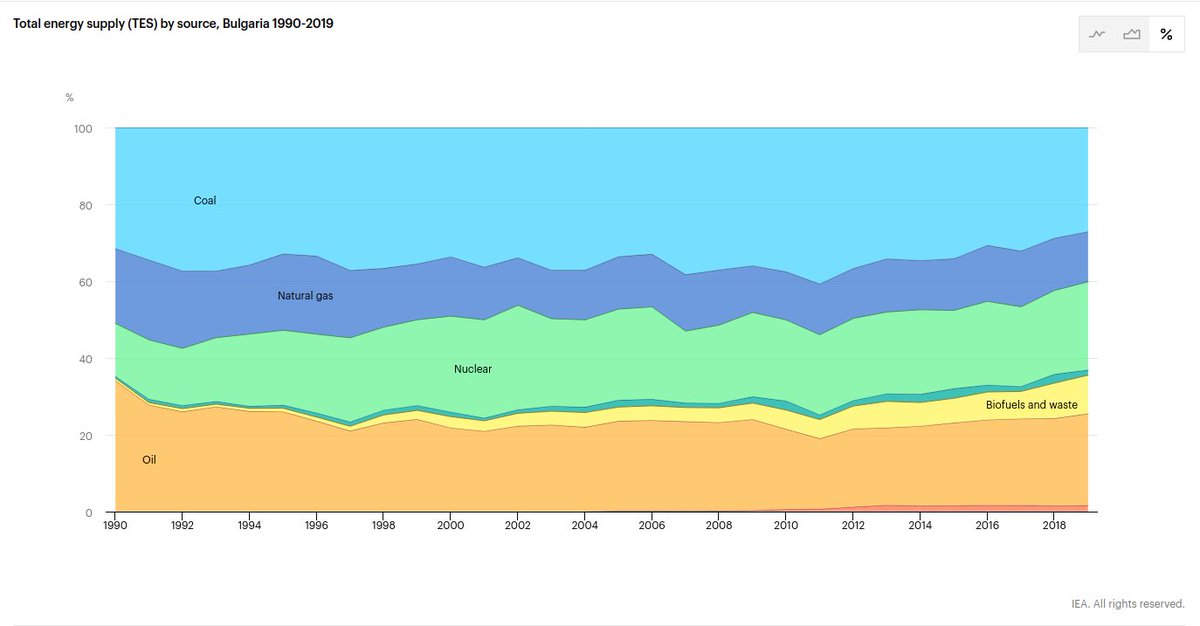
so how would bulgaria organize the substitution of russian supply? it has several options. consider the map. 
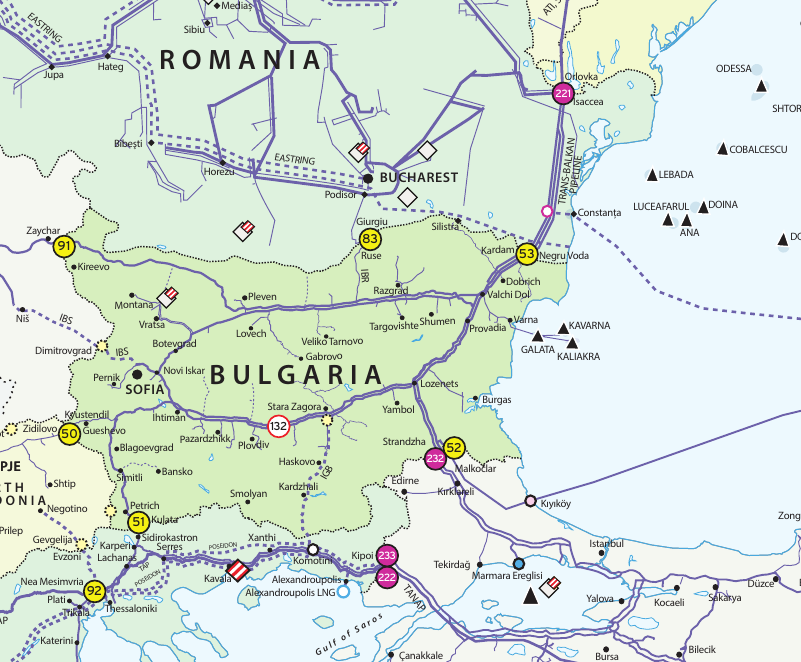
first, together with #romania and #ukraine and #moldova, it could reactive the trans-balkan pipeline which runs along the #black #sea coast. ever since russia exports natural gas directly to #turkey, it runs far below its actual capacity.
second, it could team up with turkey for a re-export business. turkey buys natural gas from russia by #bluestream and #turkstream pipelines, then sells the excess gas directly to bulgarie via edirne.
third, and best from a geopolitical point of view, bulgaria could team up with #greece and use the LNG terminal in #alexandroupolis which is currently under construction. it has already secured capacity, see:
cignews.org/2022/02/06/bul…
serbia-energy.eu/bulgaria-acqui…
cignews.org/2022/02/06/bul…
serbia-energy.eu/bulgaria-acqui…
conclusion: relax, people. europe will keep buying from gazprom as long as it has to and as long as there are no alternative logistics. but moves like this from gazprom will only accelerate the rebalancing of global energy markets away from unilateral dependence on russia. /end
• • •
Missing some Tweet in this thread? You can try to
force a refresh



